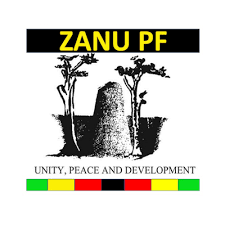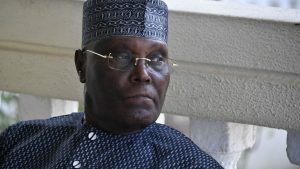Zimbabwe: Dictatorship By-Laws – Opposition MPs Push Back Against Zanu-PF’s Move for National Ideology

PARLIAMENT is divided over the motion for Zimbabwe to adopt a legal framework for a National Ideology, which opposition legislators have condemned as the “ZANU-fication” of the country, warning it could lead to the suppression of government critics.
Recently, ZANU PF Member of Parliament (MP) Joseph Mapiki tabled a motion for the National Assembly to debate the adoption of a national ideology across Zimbabwean society.
According to Mapiki, the National Ideology would entrench patriotism and Zimbabwean identity.
However, the proposal has angered opposition legislators, who fear the legal framework could be used to restrict democratic freedoms.
Citizens Coalition for Change (CCC) MP Lynnette Karenyi-Kore argued that if passed, the law would be weaponised against opposition members.
“Our Constitution guarantees freedom of thought, opinion and expression. To enforce patriotism legally would infringe upon these basic rights, Madam Speaker.
“Creating a legal framework compelling ideological loyalty undermines democracy and pluralism through thriving on diversity of opinion. The dangers of institutionalising ideology are as follows: An ideology institution sounds disturbing.
“History has shown us that once States begin controlling ideology, State abuse, censorship and suppression of dissent follow. Decisiveness and weaponisation risk, it is also going to be one of the challenges,” said Karenyi.
ZANU PF is pushing to nationalise the ideological school concept it established within its party. The ruling party has previously proposed enrolling civil servants into the Herbert Chitepo School of Ideology.
The National Ideology would also be incorporated into the school curriculum, with patriotism as a core component of education from primary to tertiary level.
CCC legislator Gladys Hlatywayo warned that the proposal risks being hijacked by ZANU PF’s interests rather than serving the nation.
“Terms such as national interest are often euphemisms for advancing party interest and the interest of the ruling class or ruling elite. In this case, legislating patriotism might be legislating the zanufication of the State.
“There is also a danger that legislating patriotism can erode civil liberties and restrict freedoms of speech, assembly and association. These civil liberties are at the heart of any democratic society and encoded in our own Bill of Rights, in our own Constitution, and must therefore be protected and protected rather than taken away by opaque, divisive and undemocratic laws under the guise of legislative patriotism.
“The proposed prayer by the mover of the motion also has a chilling effect on public discourse Madam Speaker. Open, honest public debate that is so instrumental to democratic development might be discouraged as fear grips the country,” said Hlatywayo.
By New Zimbabwe.



